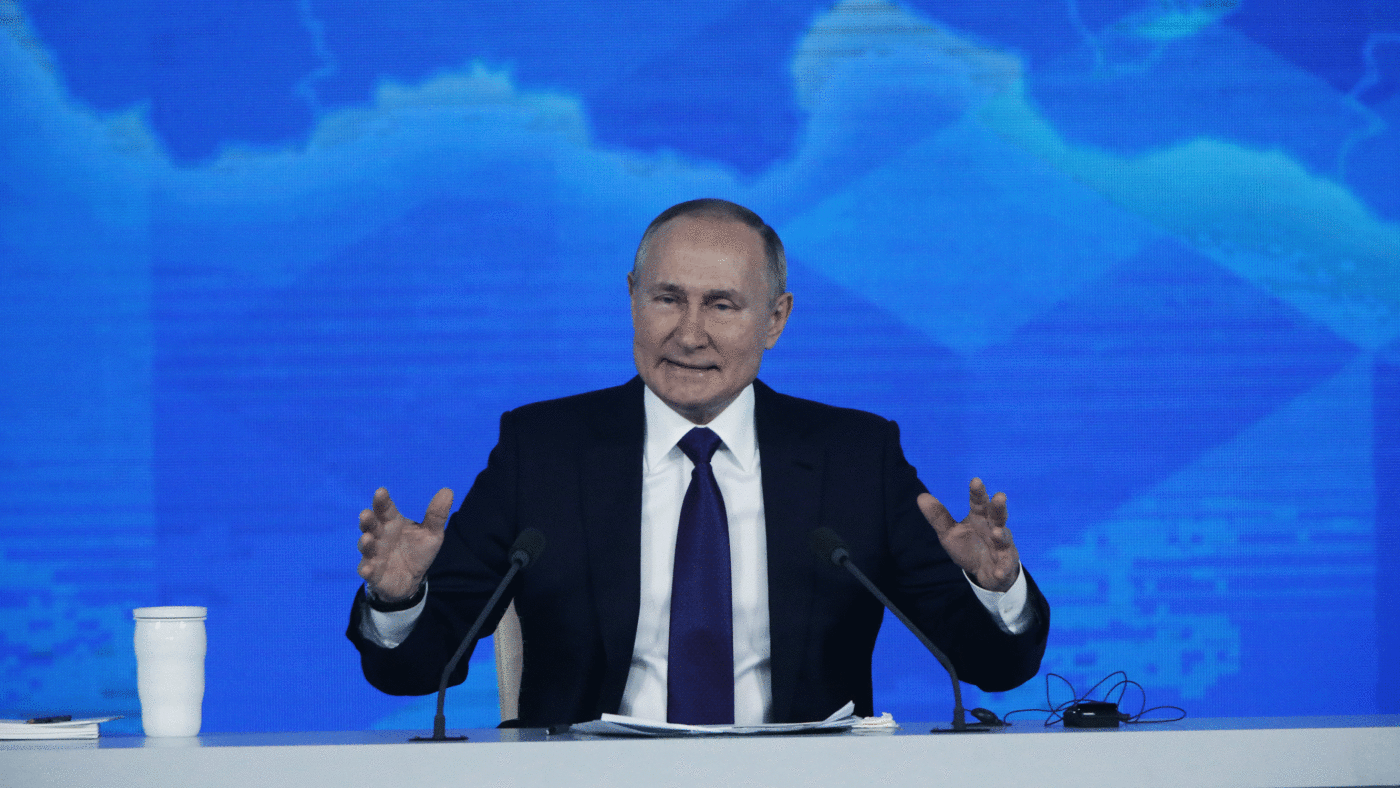The UK Government is taking a tough line with Vladimir Putin over Russian threats to the sovereignty of the Ukraine. Allies are being mobilised, arms shipped, sanctions considered, and diplomatic efforts exhausted to prevent a repeat of the 2014 slaughter that led to the annexation of the Crimea.
Whether Russia actually intends to invade, continue hybrid operations (such as cyberattacks), or use the threat to test Western weakness remains to be seen. Certainly, the test is working: while the UK and US remain resolute, both have domestic distractions. Meanwhile the EU, with whom the Ukraine has an Association Agreement, is divided and reliant on Russian gas imports, currently around a third of Europe’s supply. That dependence is in turn impacting UK prices through the regional gas market.
Putin doesn’t need to stop exports of gas to cause price spikes, to do so is economically difficult, given that around 40% of Russian state income comes from fossil fuel and export taxes. However, small imbalances of supply and demand can briefly – and sharply – drive up regional prices until the US or Asian markets react, which is what is happening. The Russian strategy is to choke regional supply without risking the mutually assured destruction of a shutdown.
The corollary to that strategy, however, is that it doesn’t require much of an increase in regional production to render it ineffective. Instead of doing this, the UK and most of Europe, fresh from signalling their ecological purity at COP26, are pursuing Net Zero strategies so steadfastly, that it is handing Putin precisely the leverage he needs.
At issue is not decarbonisation: a 30-50 year transition to a cleaner, greener economy is entirely plausible and welcome. It is pretending this can happen quickly or by ignoring fossil fuels. The UK government is sitting on some of the largest oil and gas reserves in Europe, while pursuing a ‘leave it in the ground’ stance. And we’re dependent on both for power, heating and transport.
The UK has no strategic reserves of gas that might help alleviate any crisis. It has crashed development in the North Sea with complex regulations and high taxes. It has blocked onshore fracking, rooted in a fear of protests. Politicians apparently prepared to eyeball Spetsnaz commandos across the Donbas, run away in fear from Extinction Rebellion crusties armed with glue.
Gas, meanwhile, provides 40% of power, 85% of domestic heating and around 99% of Britain’s vehicles still need petrol or diesel. These figures will fall, but not quickly. The Government’s claim it can simply go towards Net Zero harder and faster to reduce gas dependency is patently untrue. Our nuclear fleet is old and cannot be replaced quickly, renewables are too unreliable, and the only affordable back up to their intermittency is still gas.
Carbon capture and storage, green hydrogen and batteries are not viable alternatives yet. Heat pumps don’t work on poorly insulated houses and home improvement takes generations (renewing the whole stock is a 200-year enterprise). Electric vehicle registrations are increasing (and now account for 10% of all new cars), but electrification of heat and transport amplifies the problems with decarbonising power.
The Government’s attempts to make Putin tremble with an industrial strategy for offshore wind and net zero potatoes will not work. We need more gas, we have more gas. We need to stop posing and start drilling – that’s a power plan to reduce the power of Europe’s most dangerous autocrat.
Click here to subscribe to our daily briefing – the best pieces from CapX and across the web.
CapX depends on the generosity of its readers. If you value what we do, please consider making a donation.


